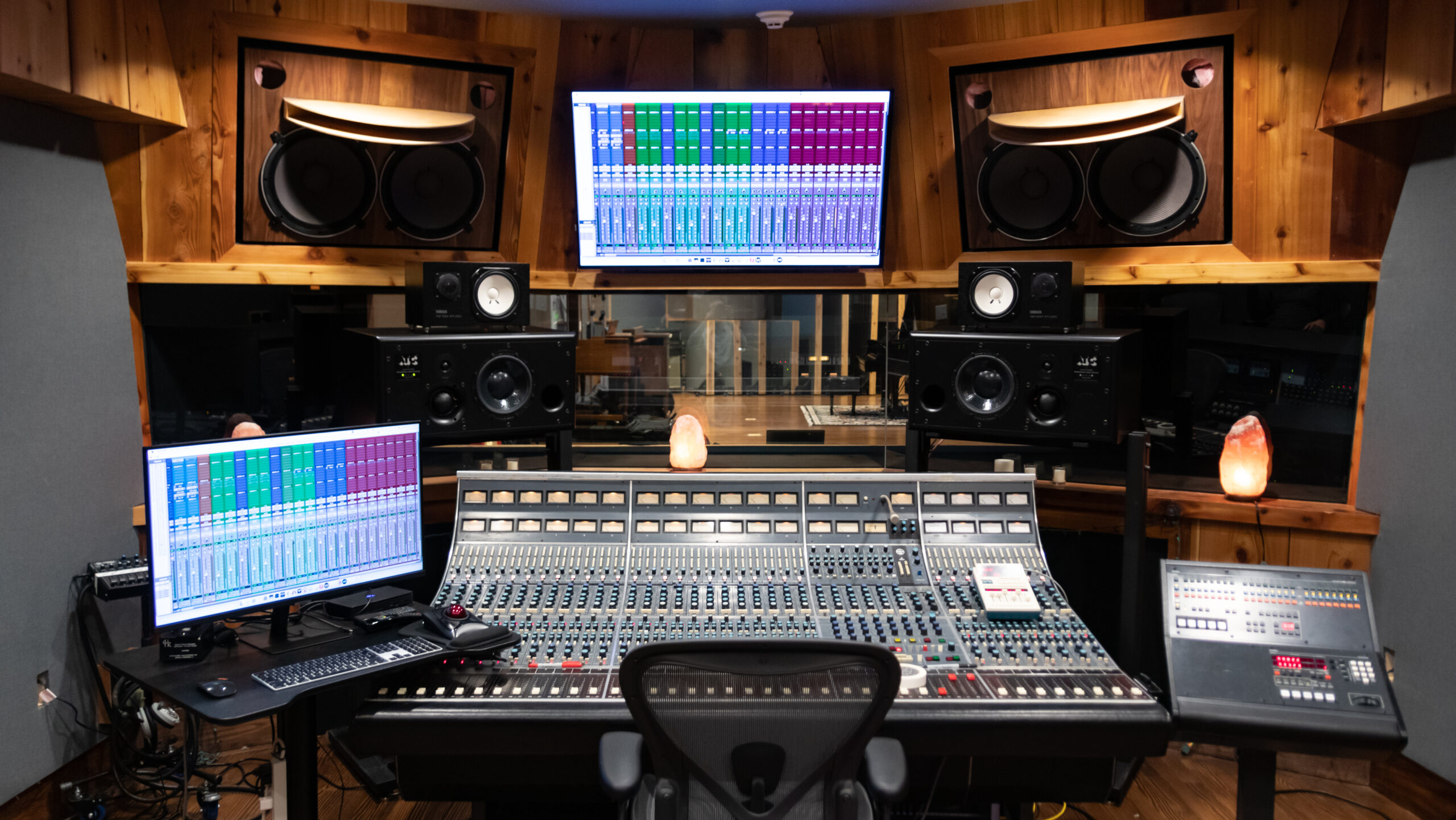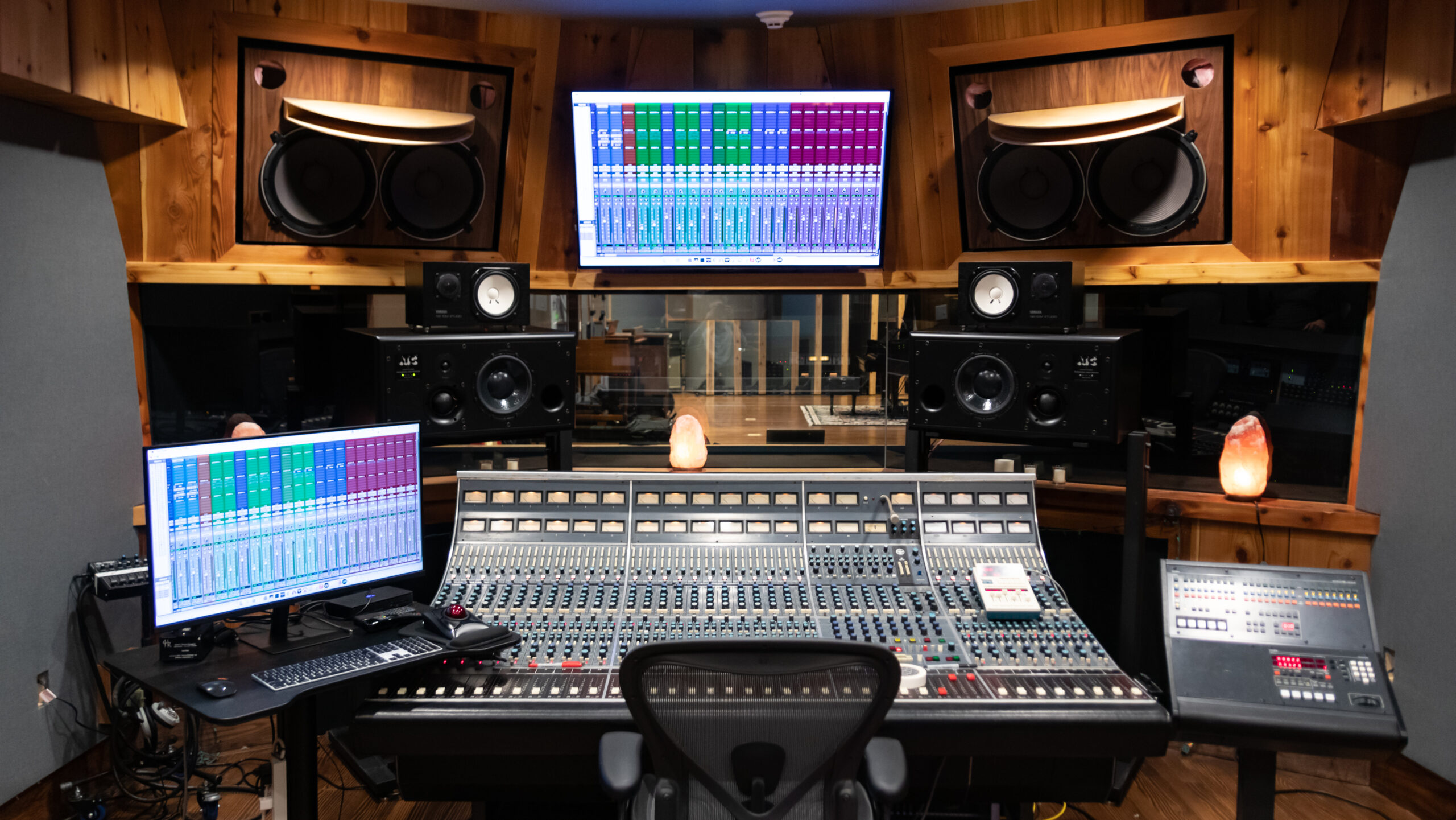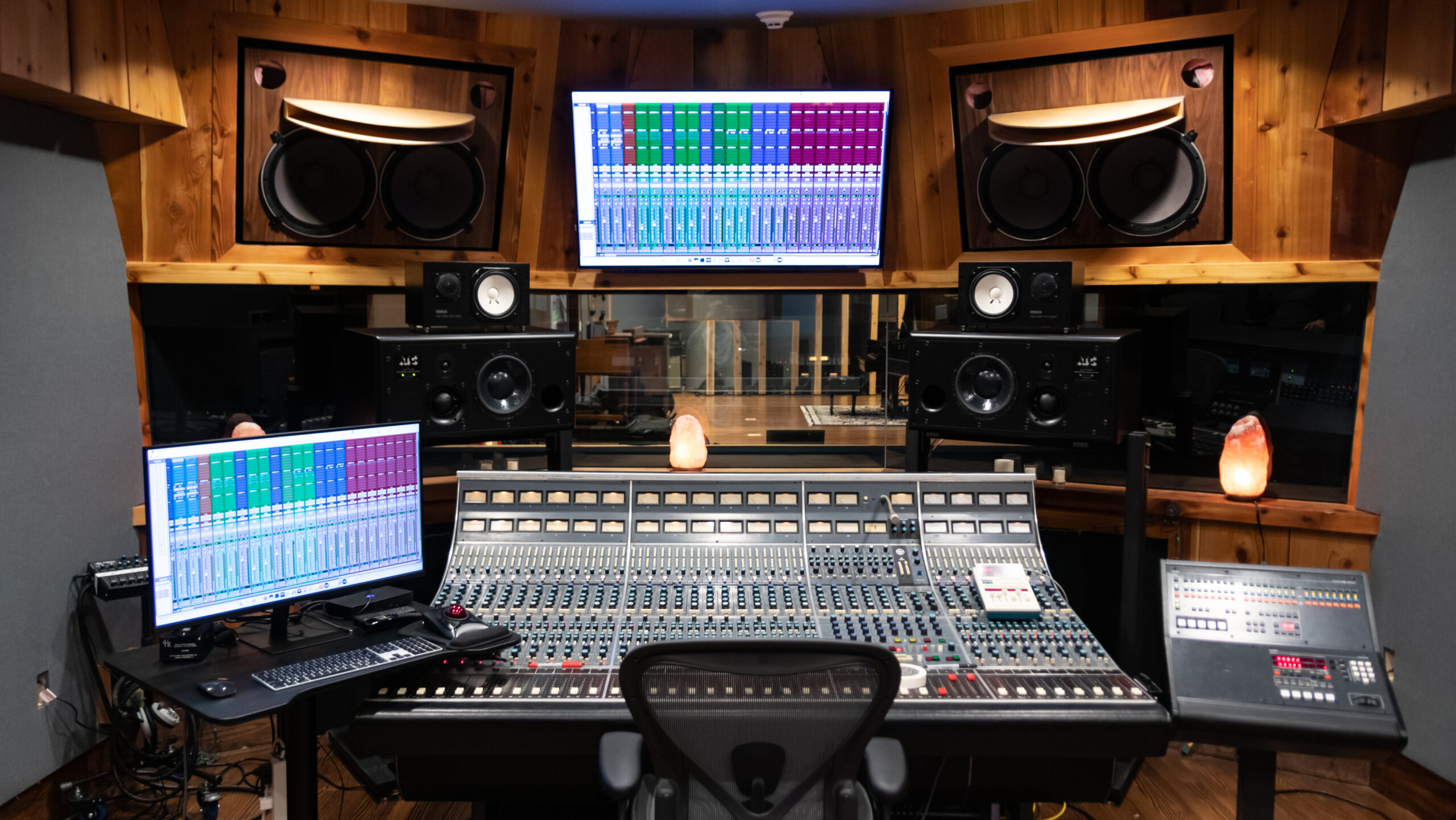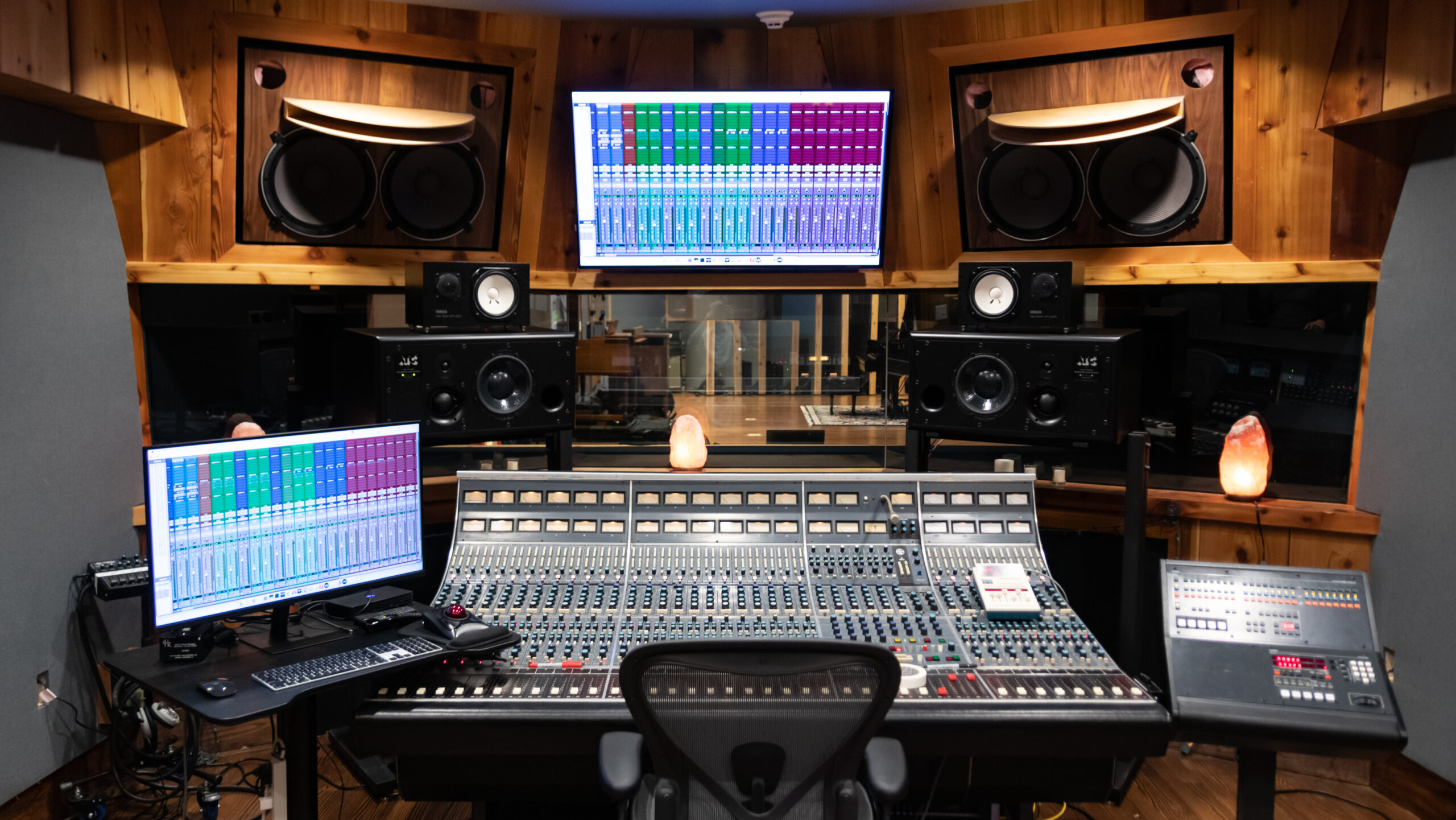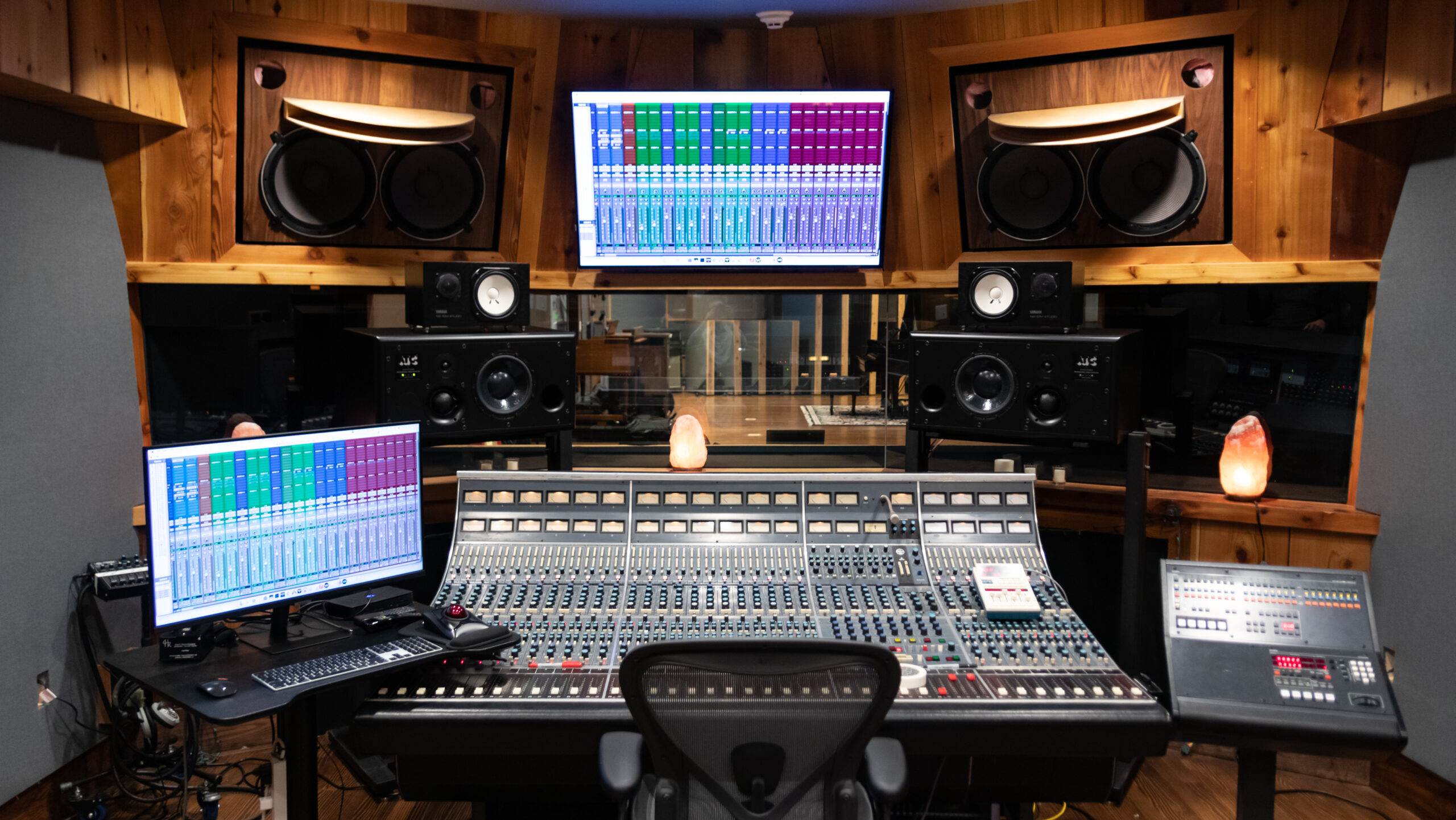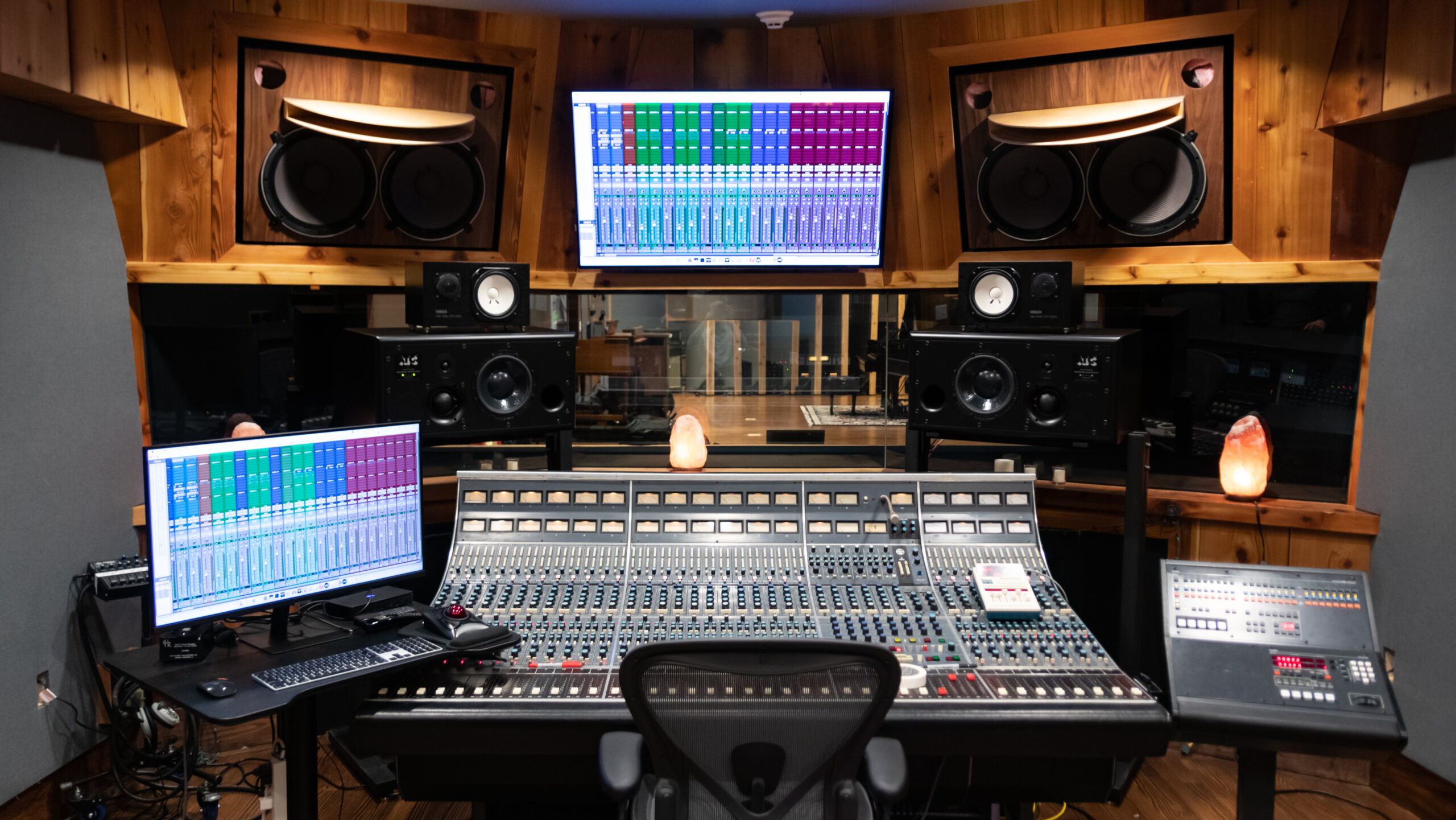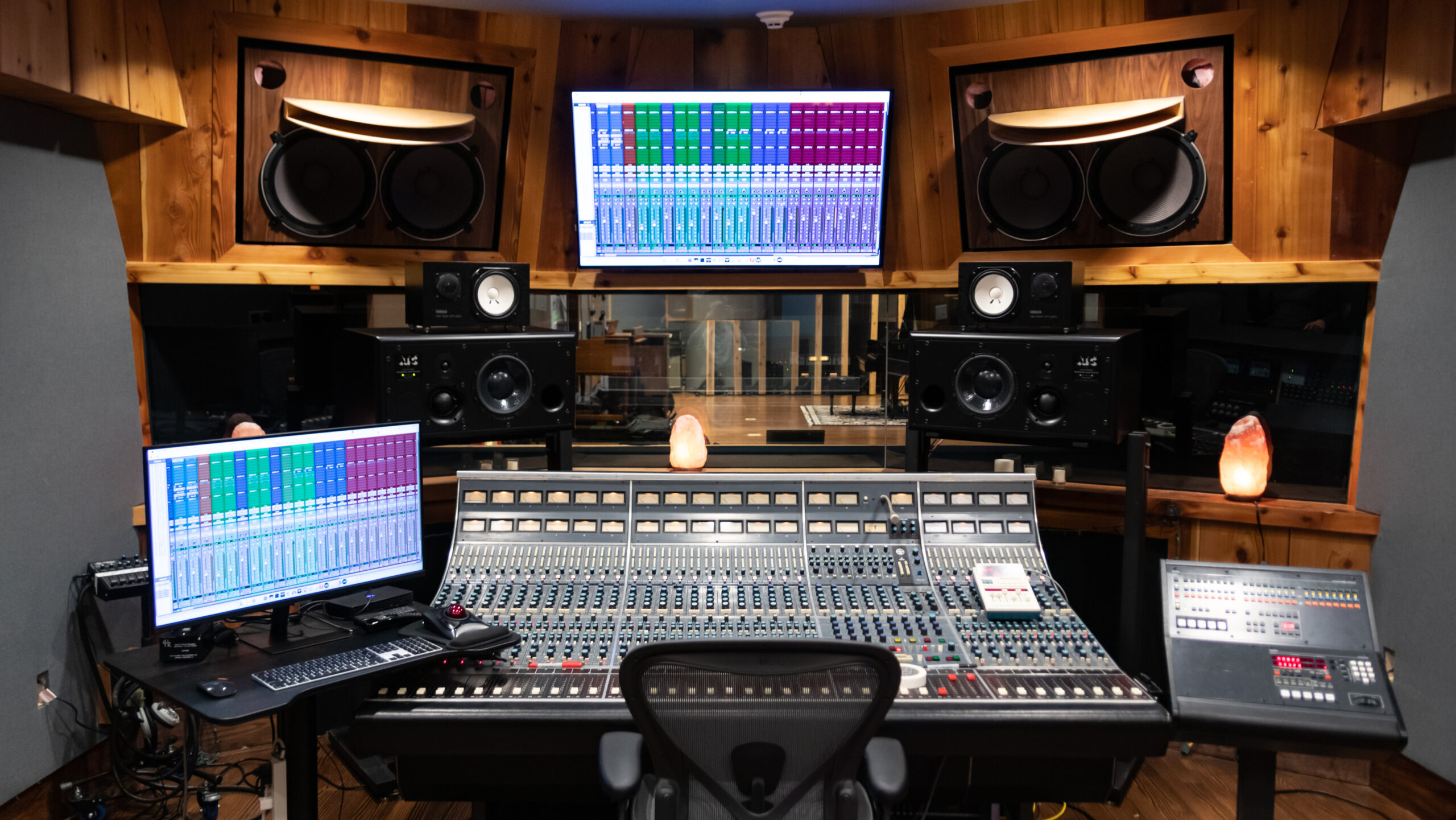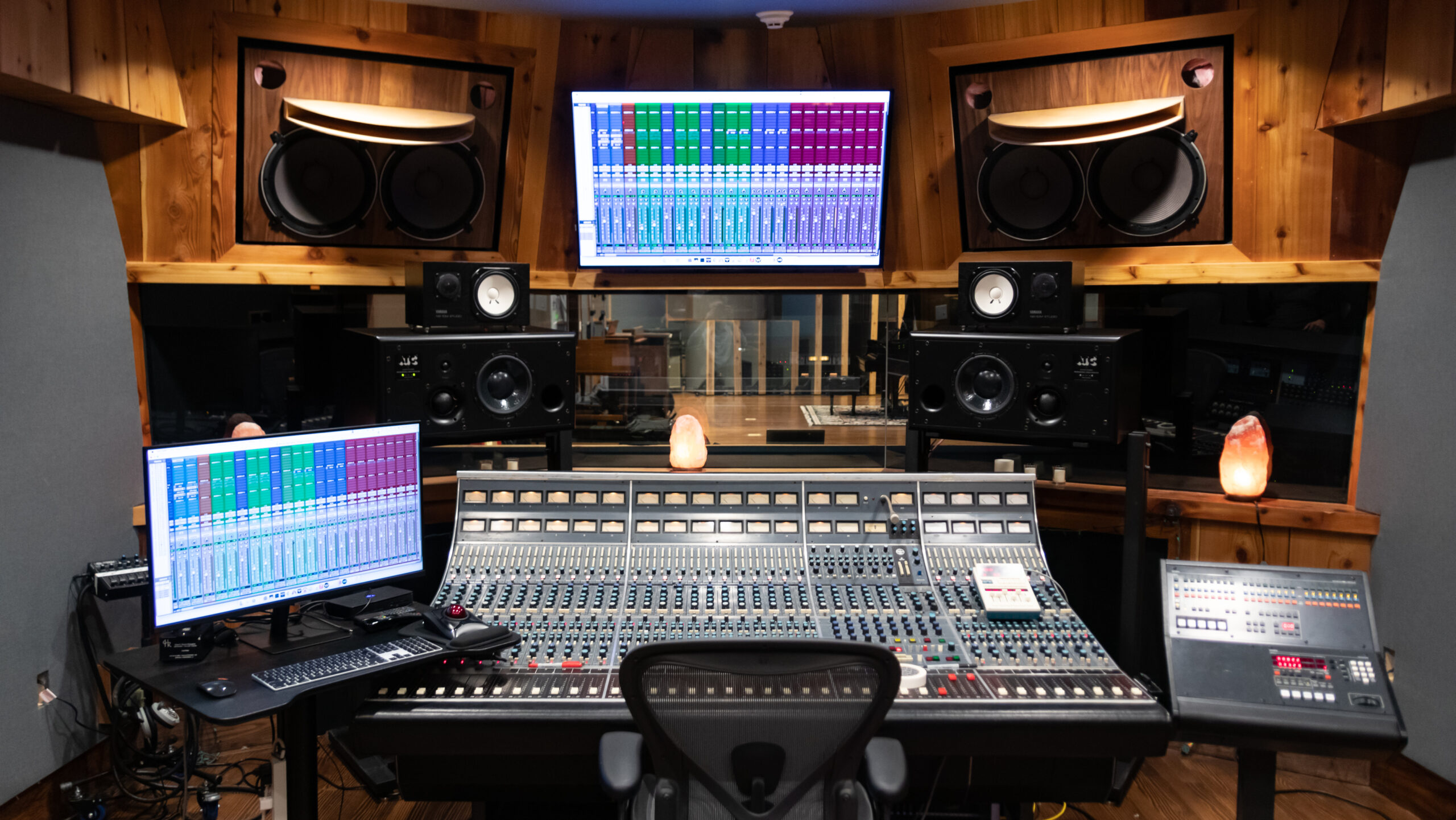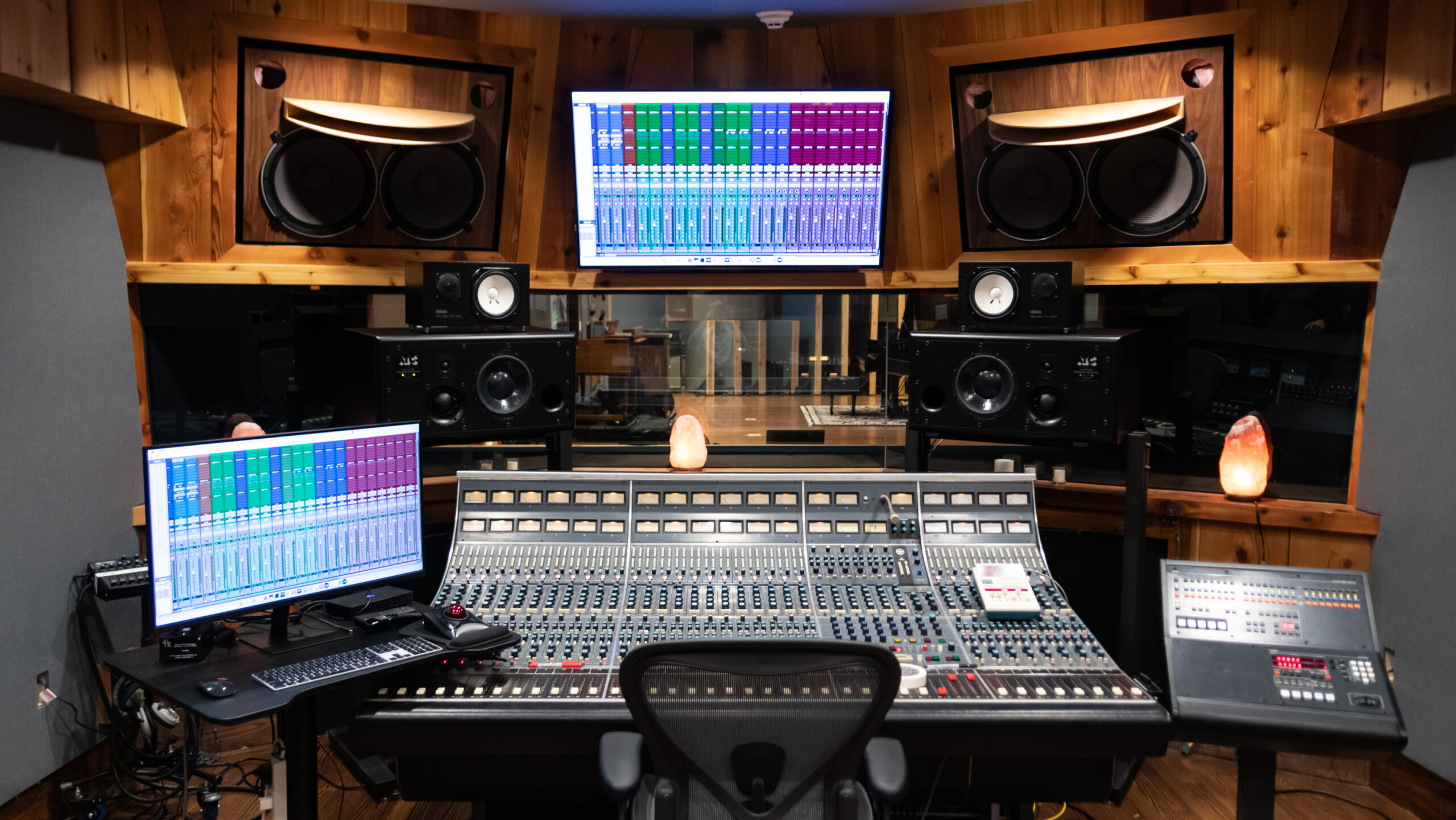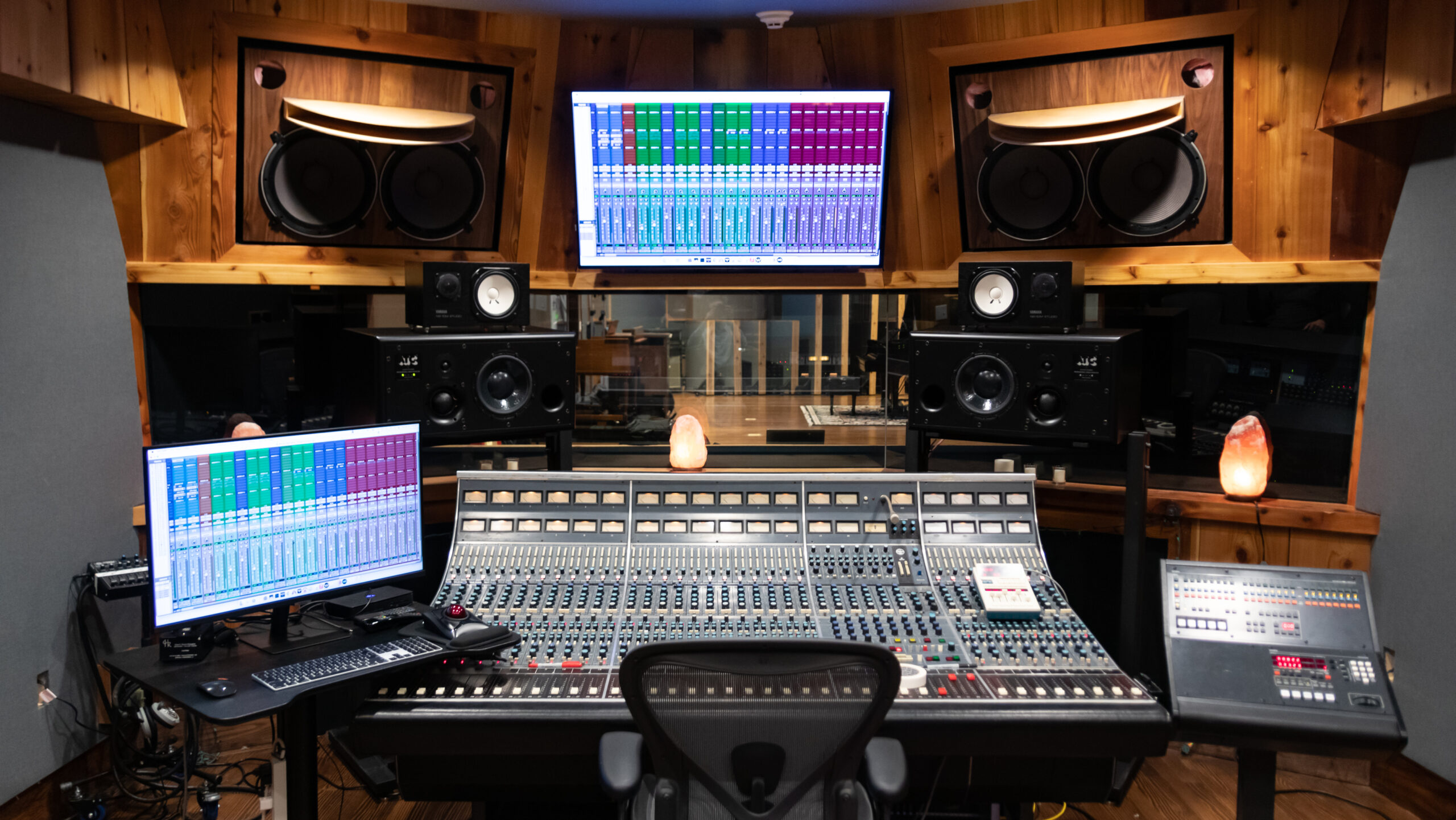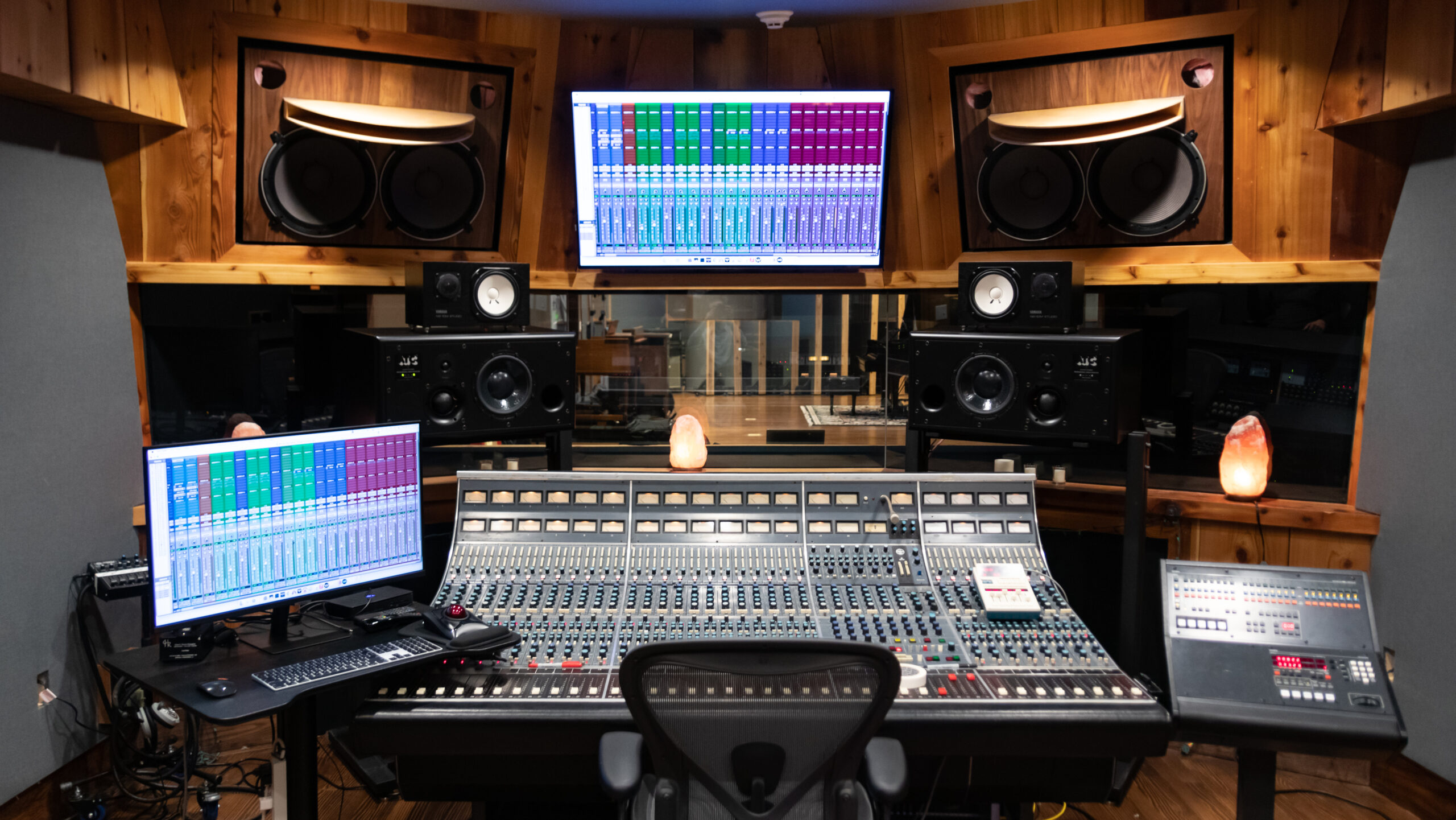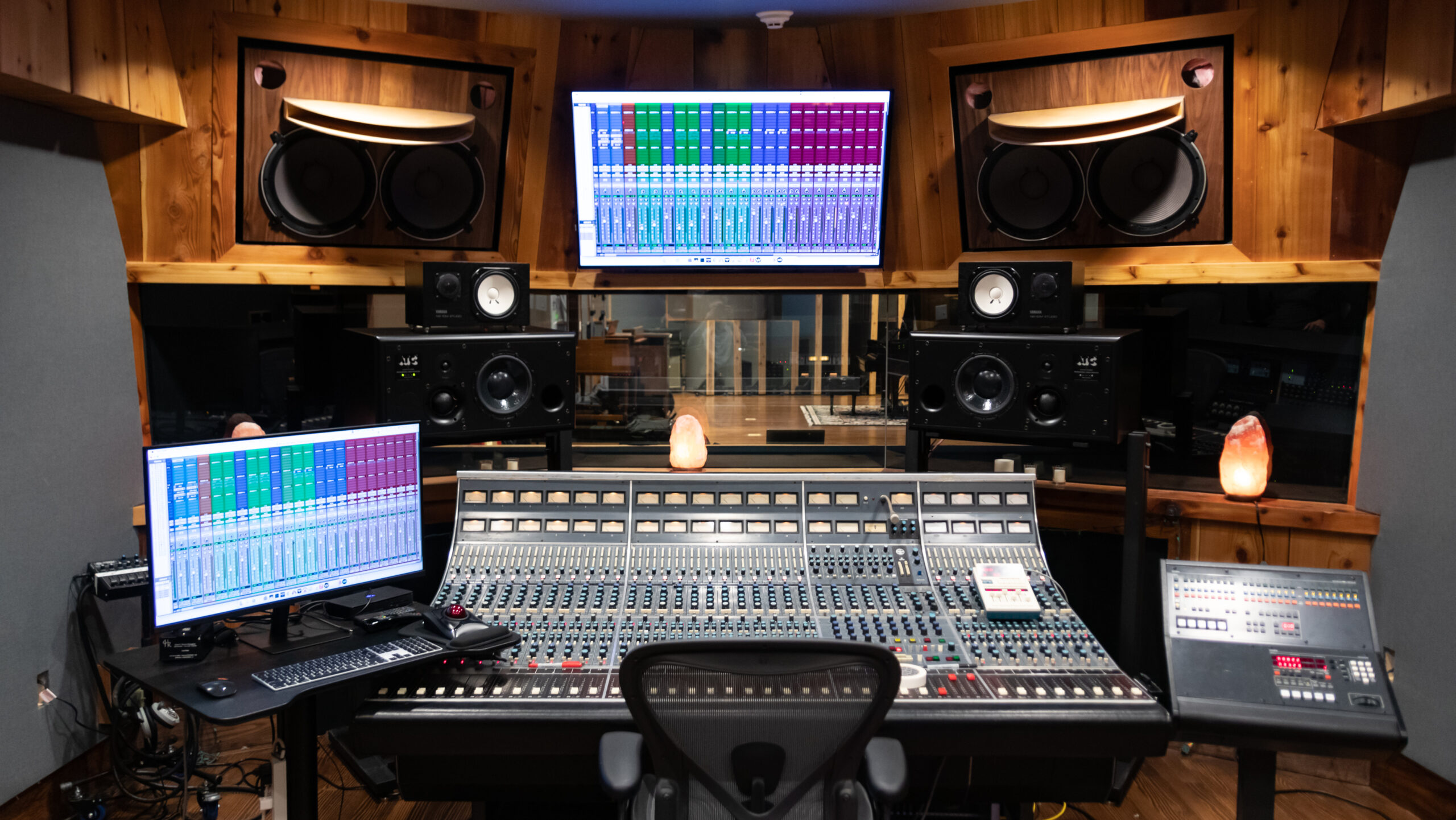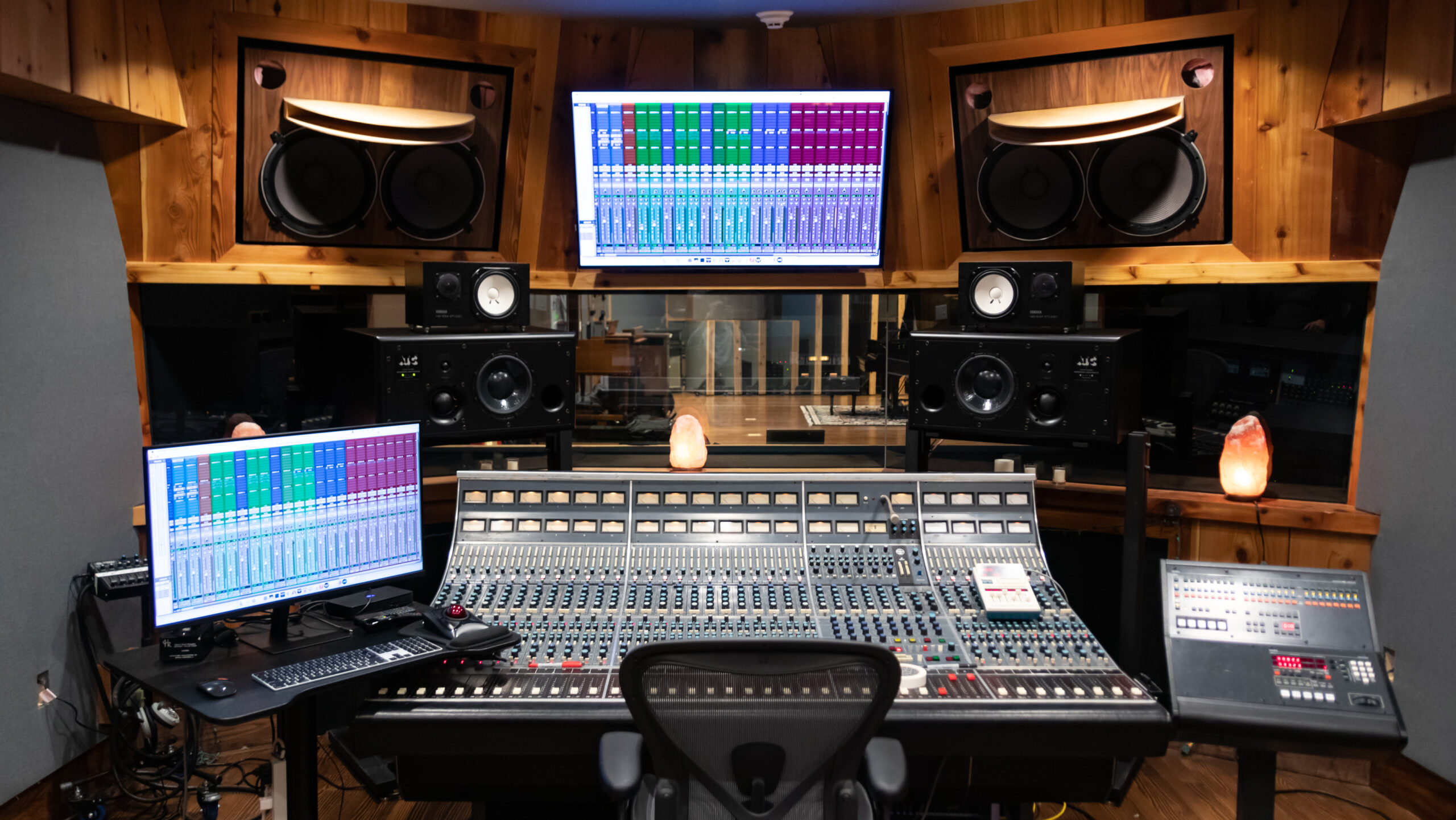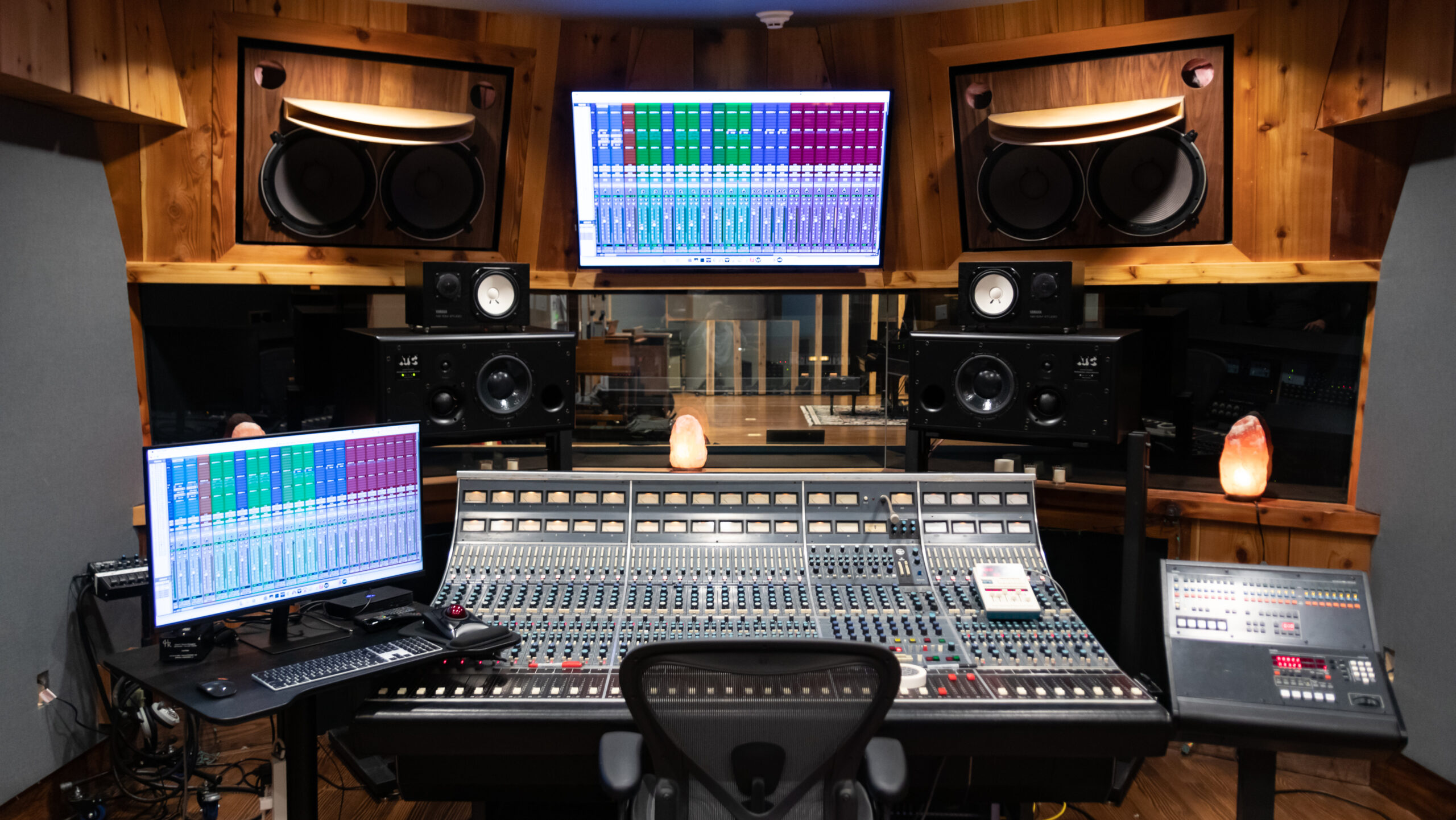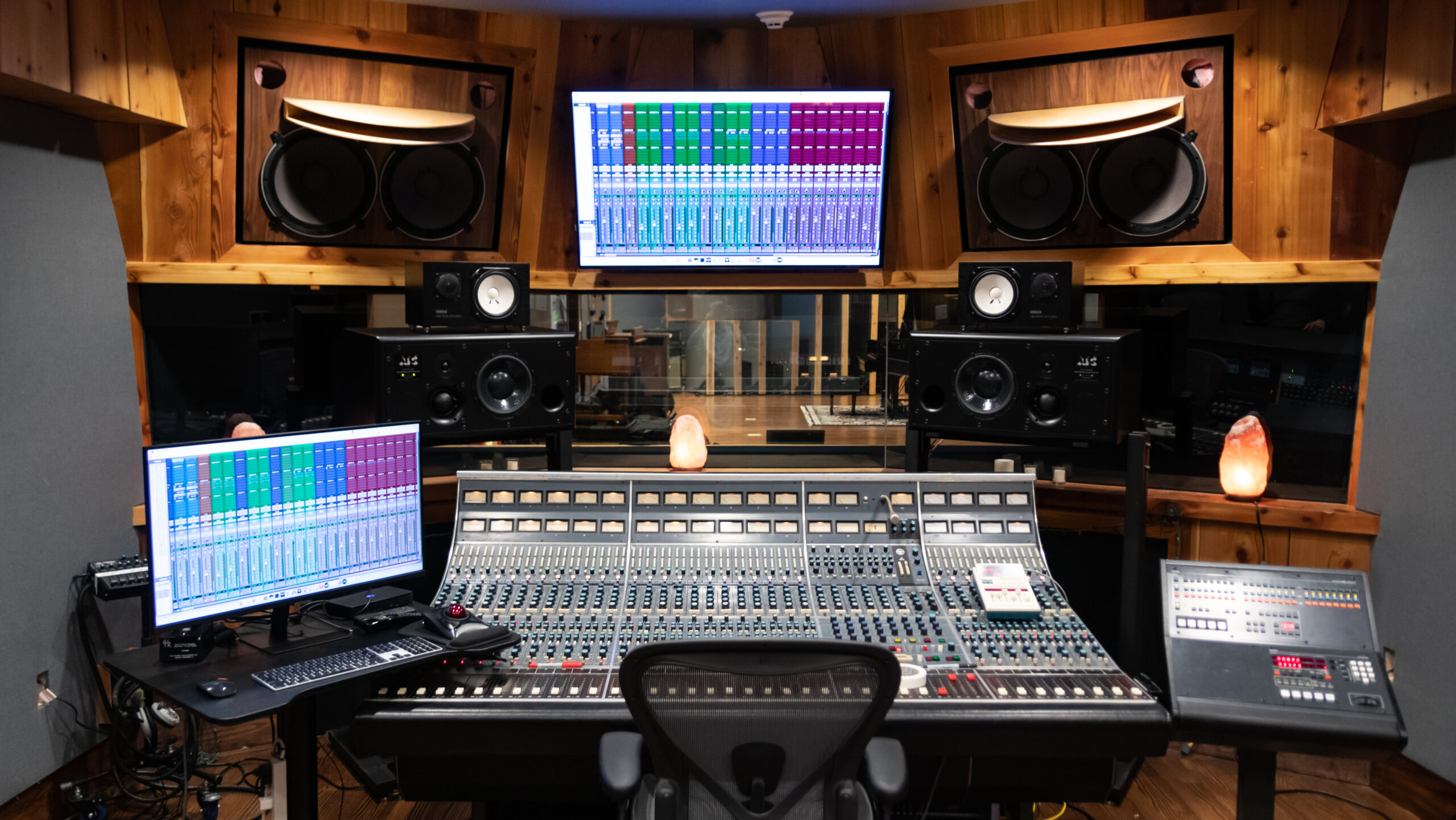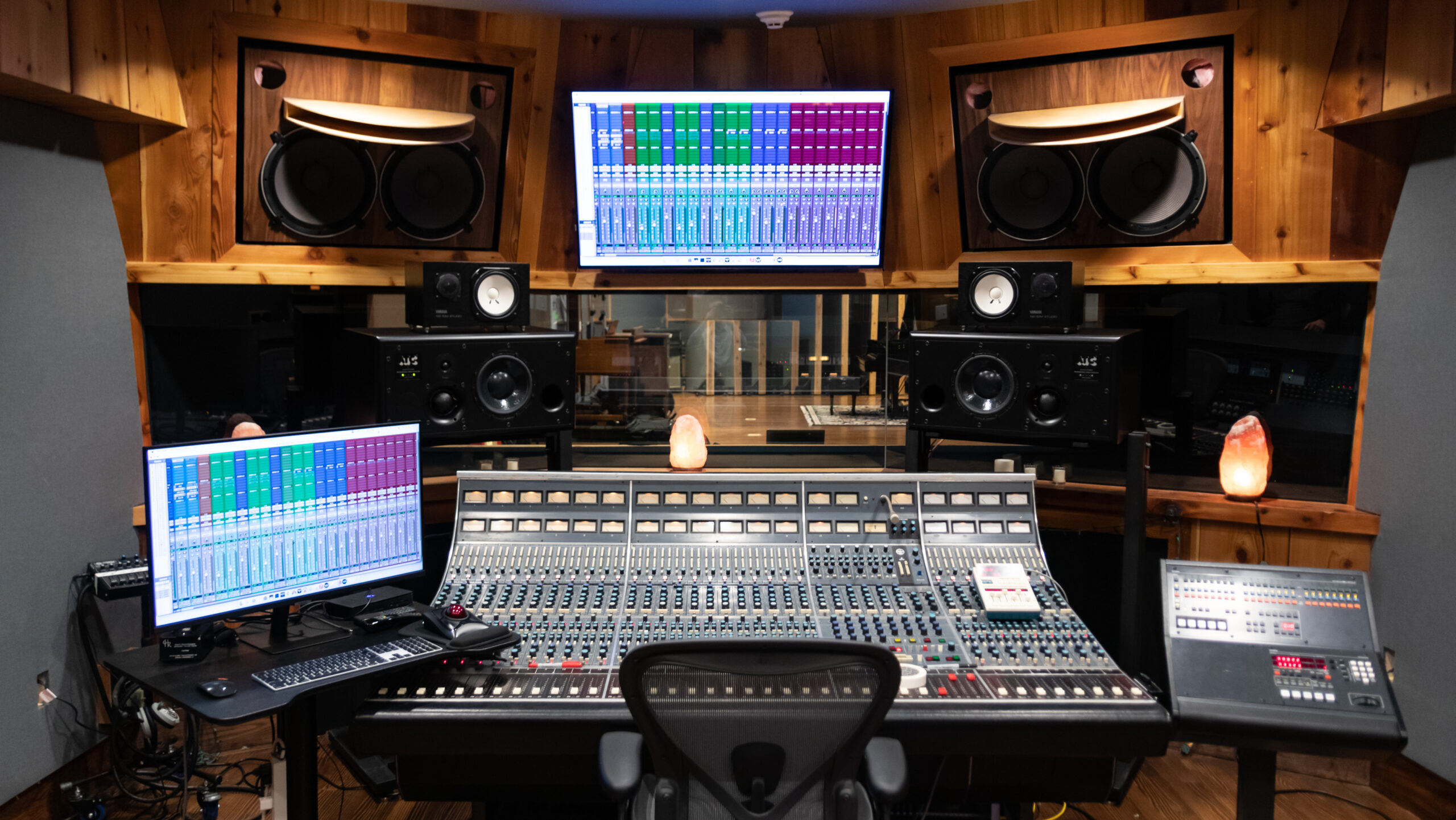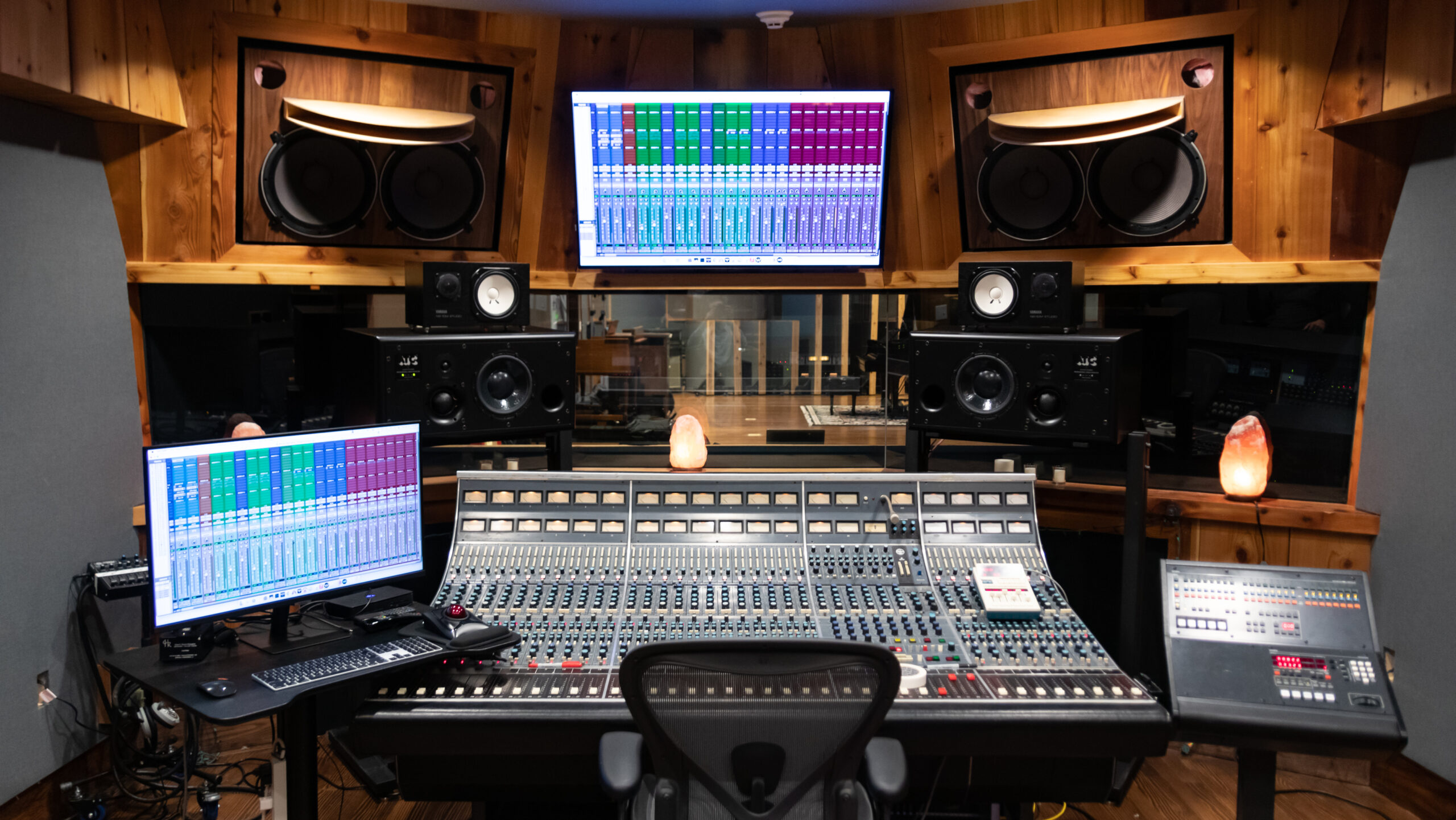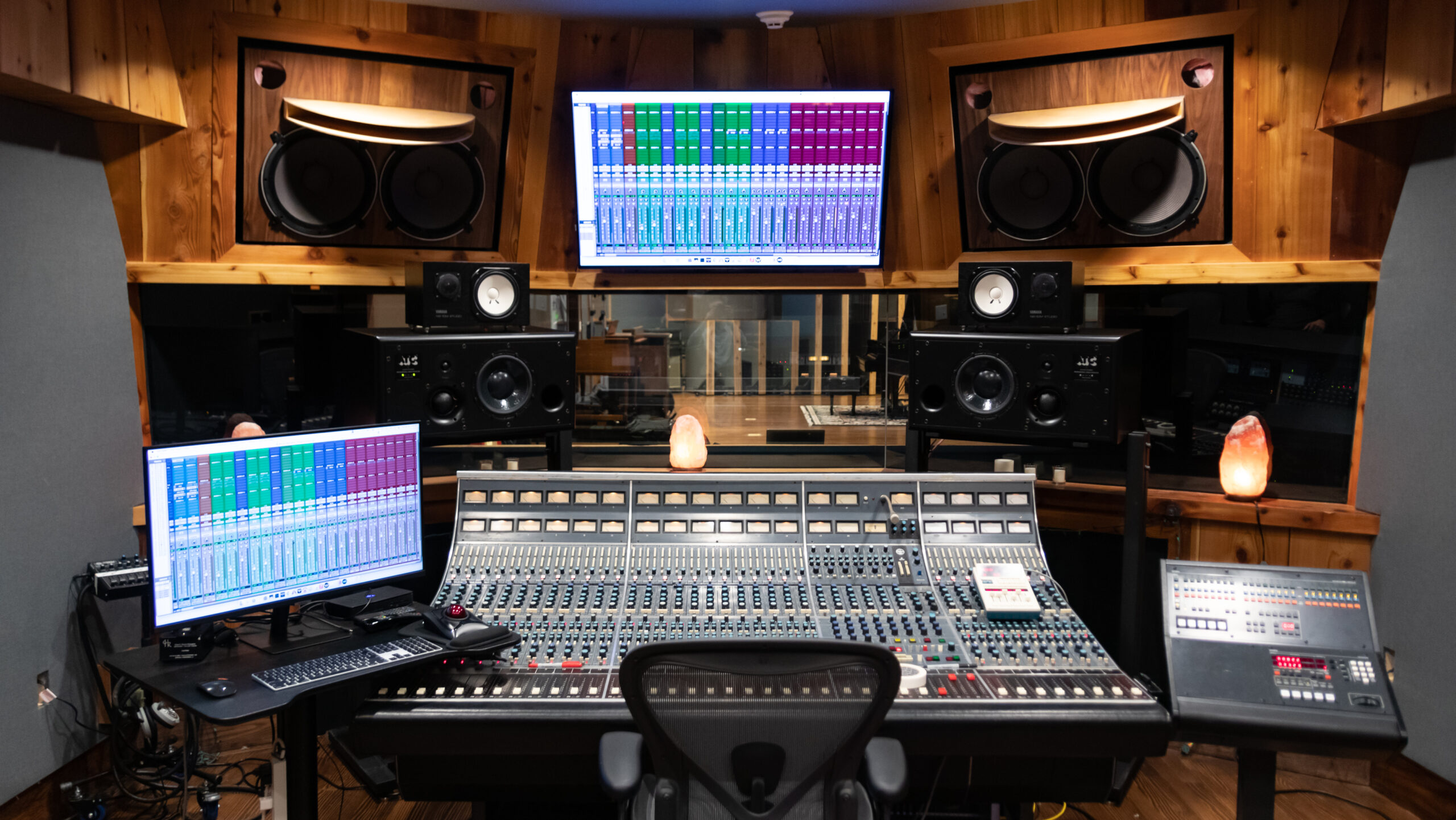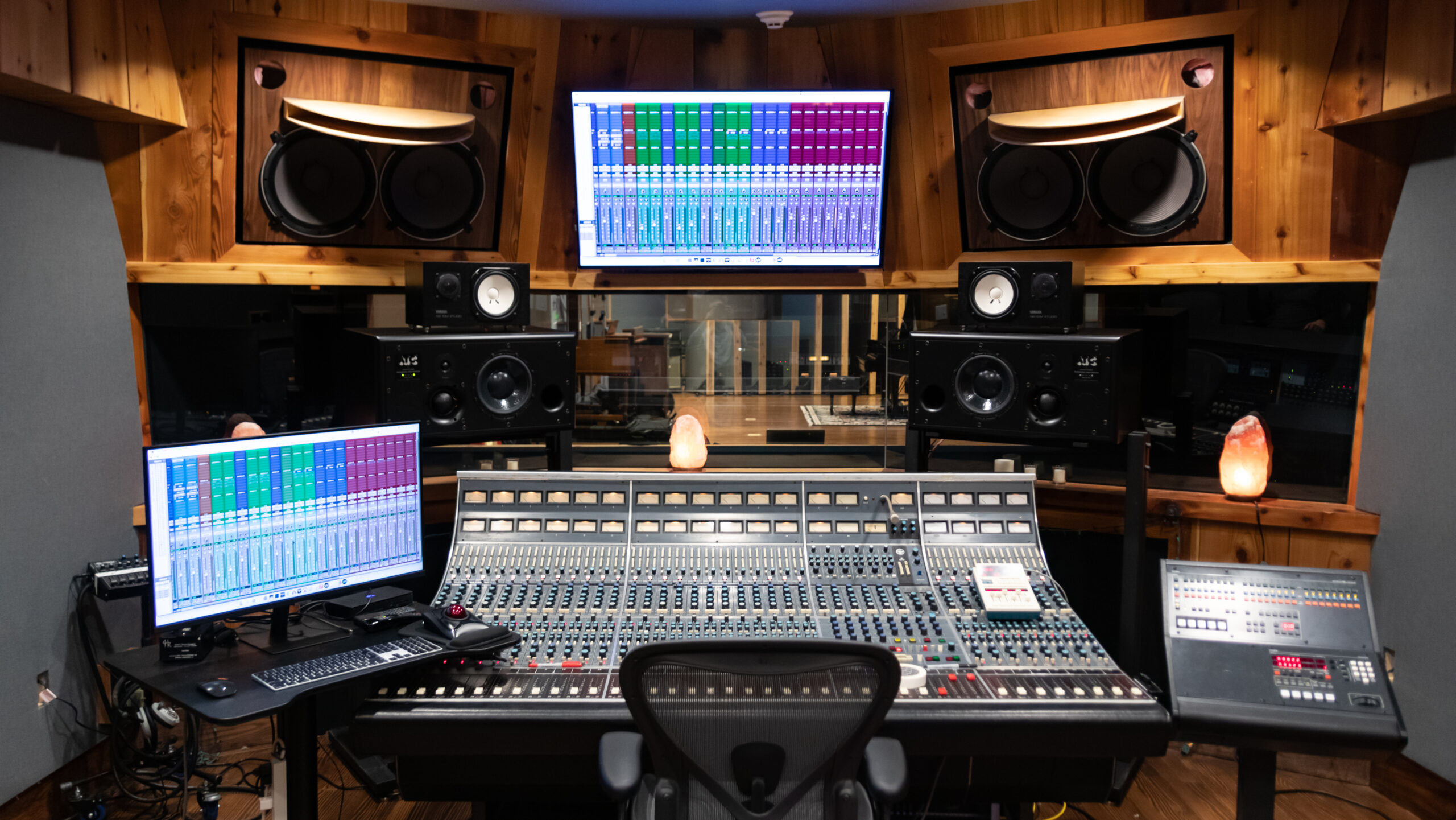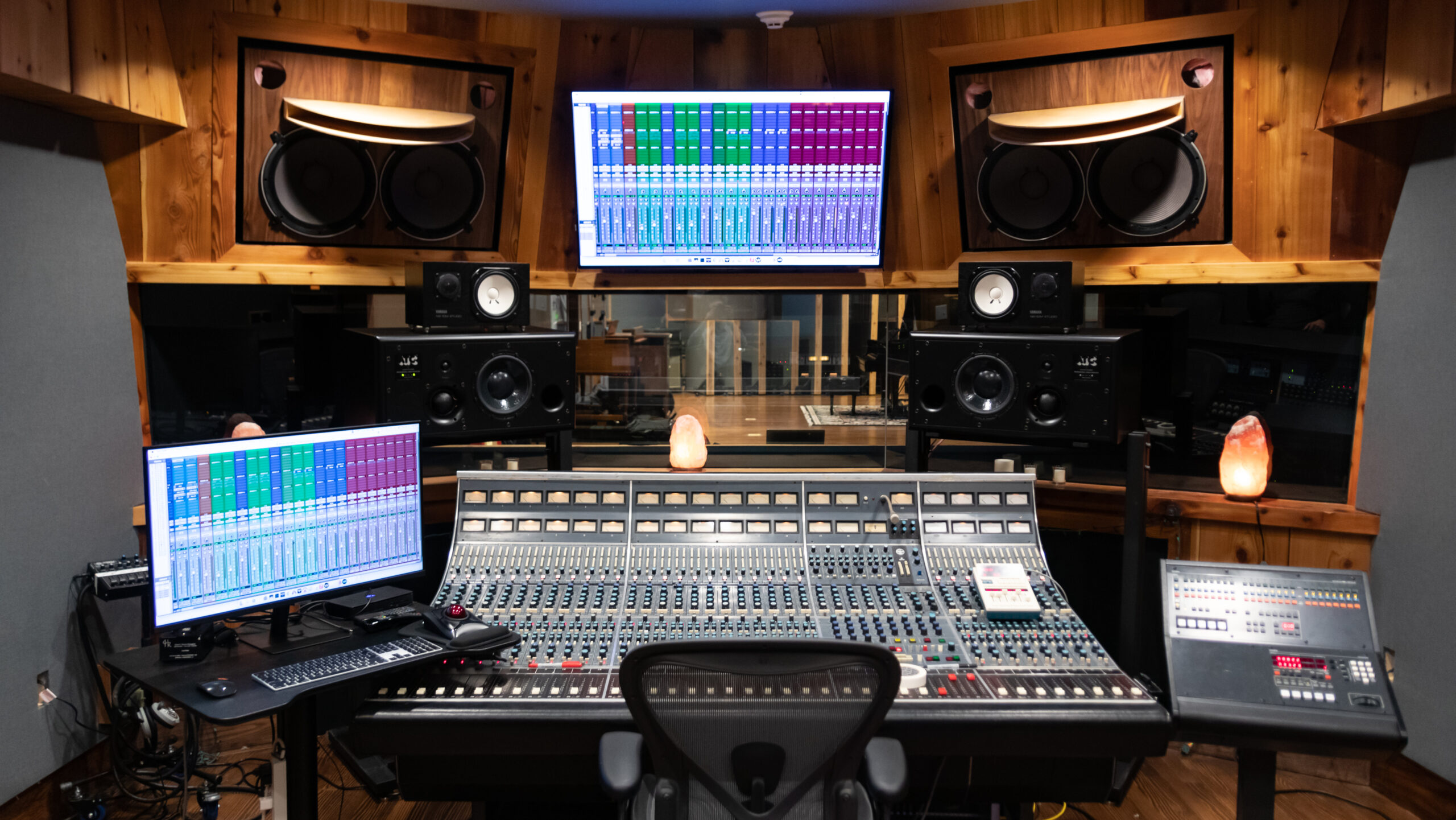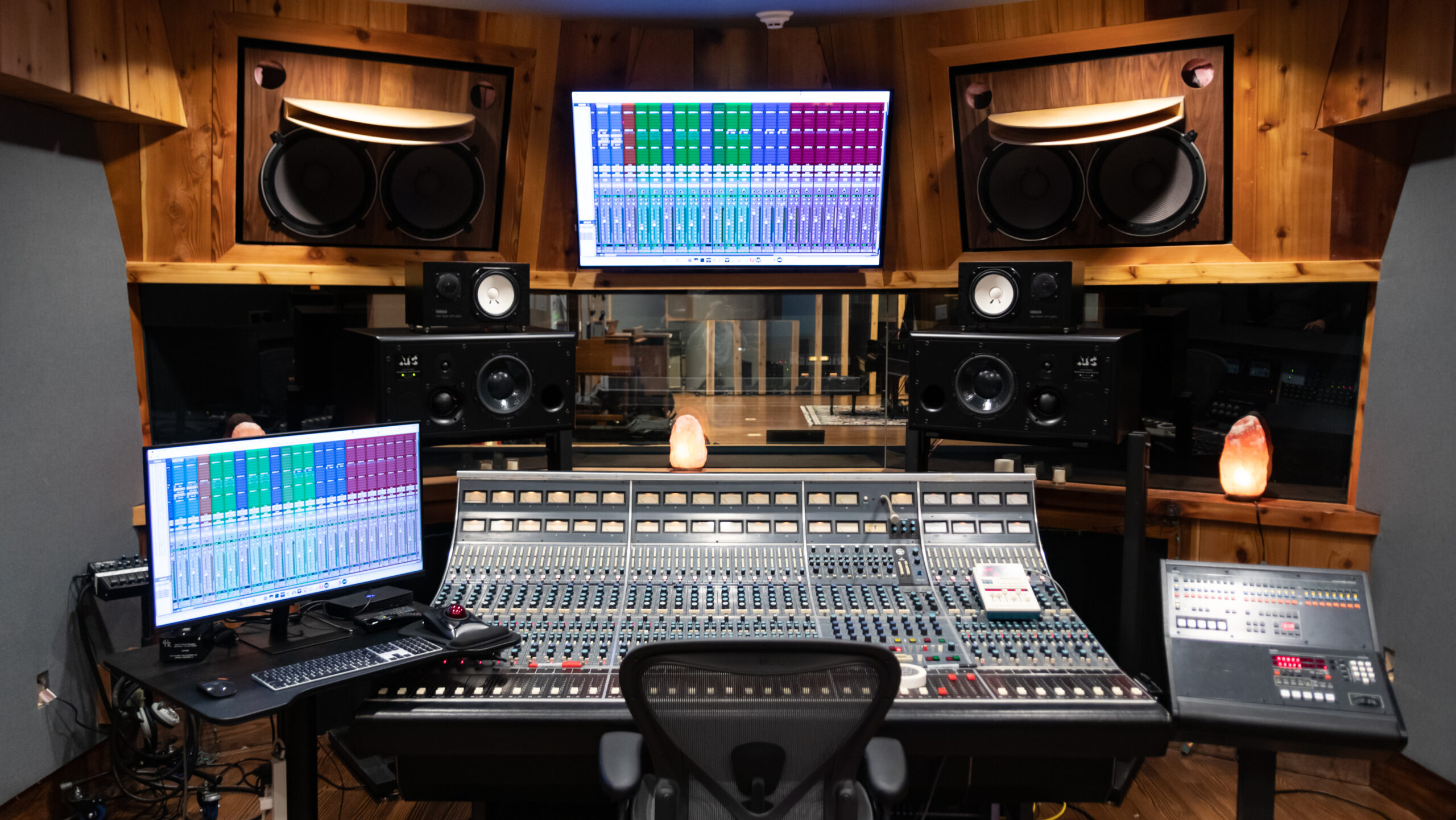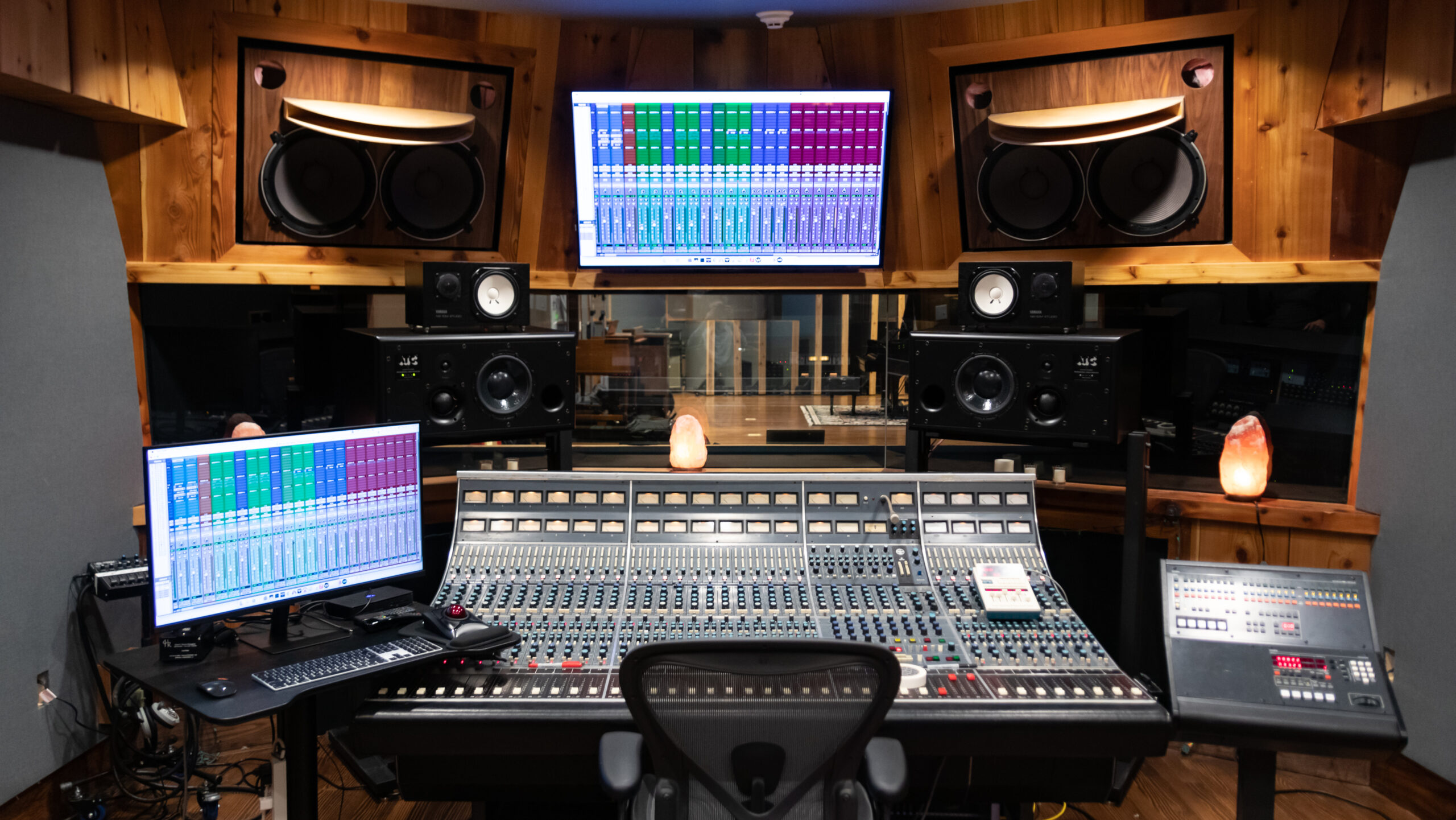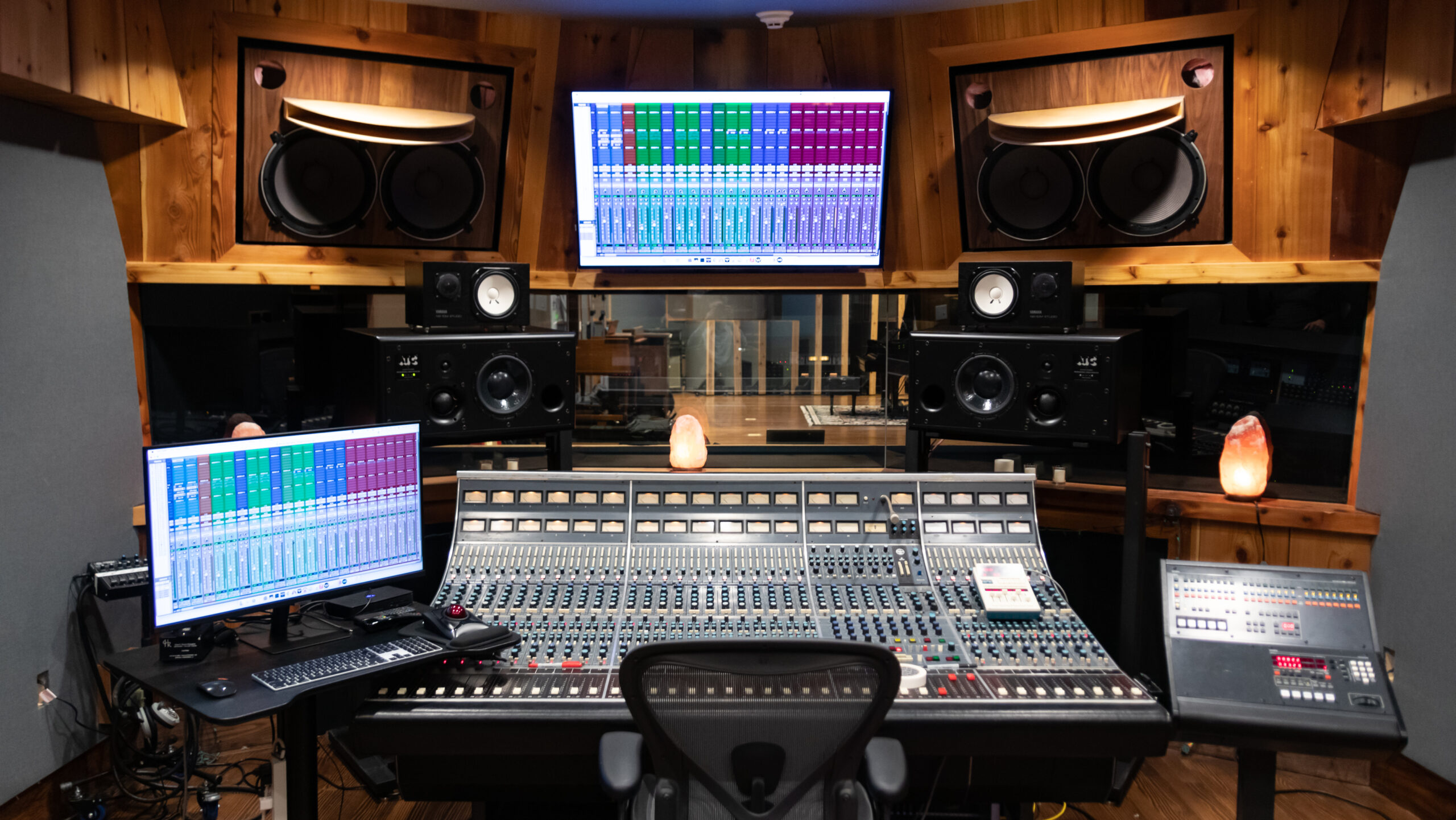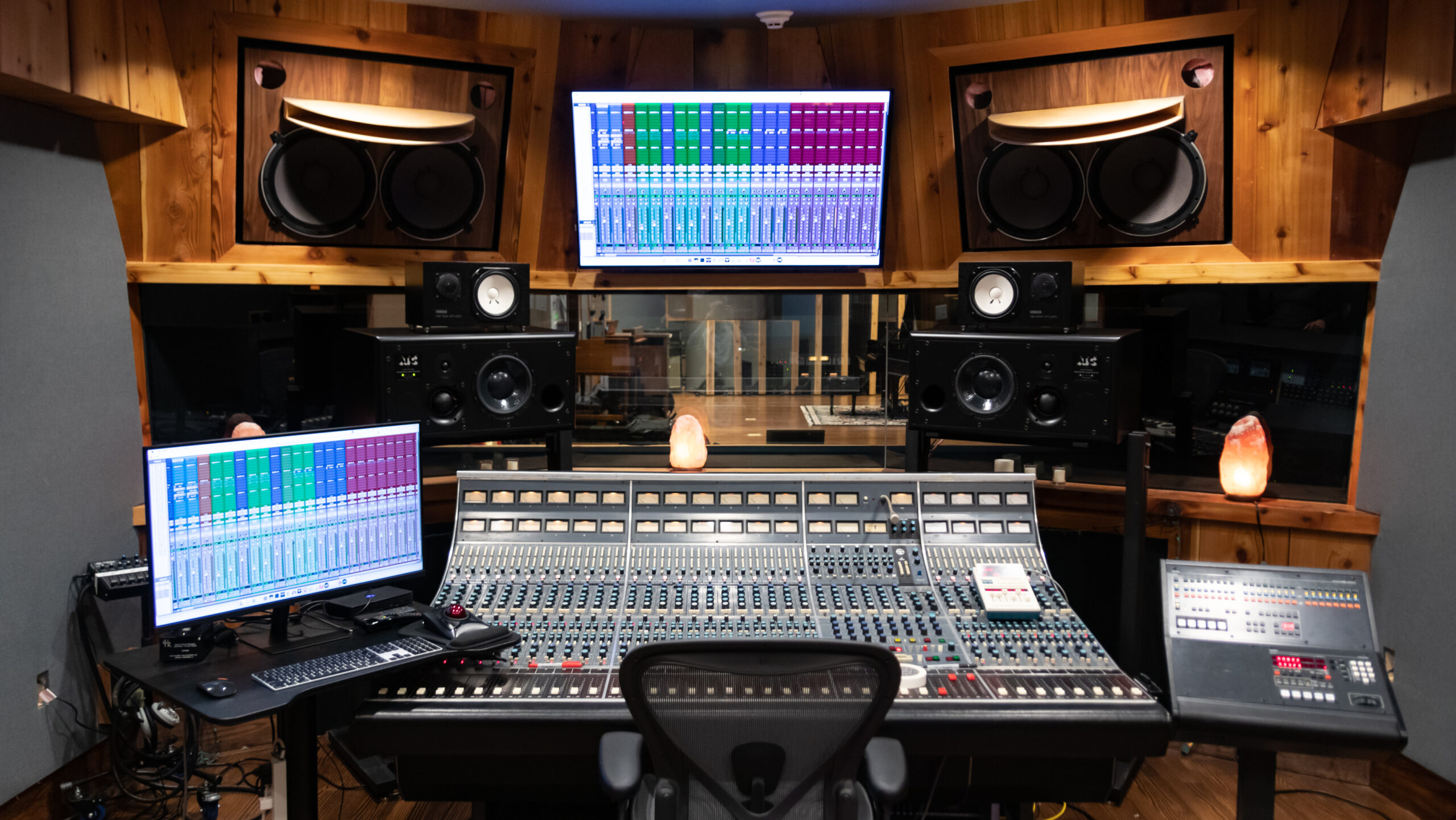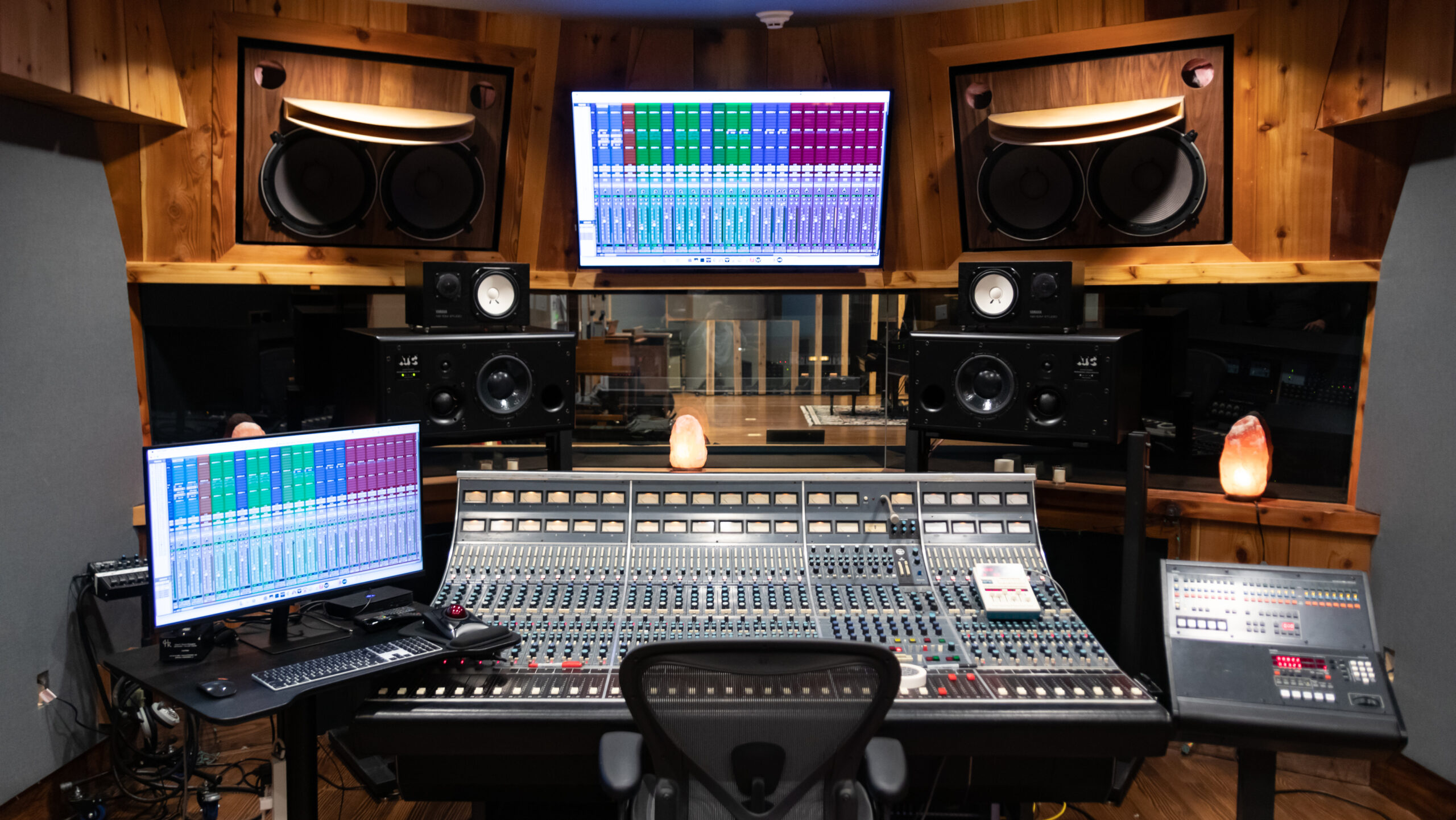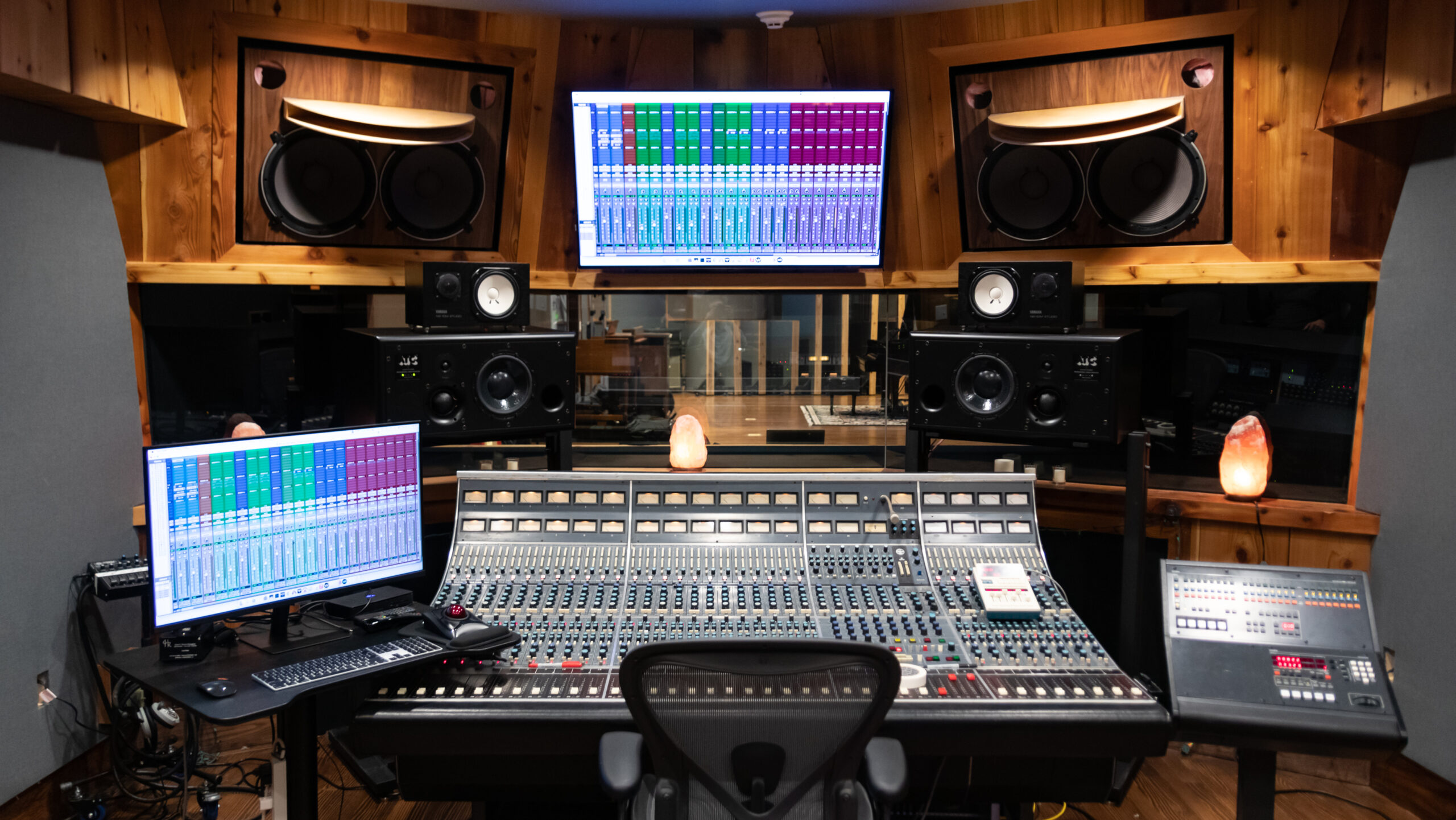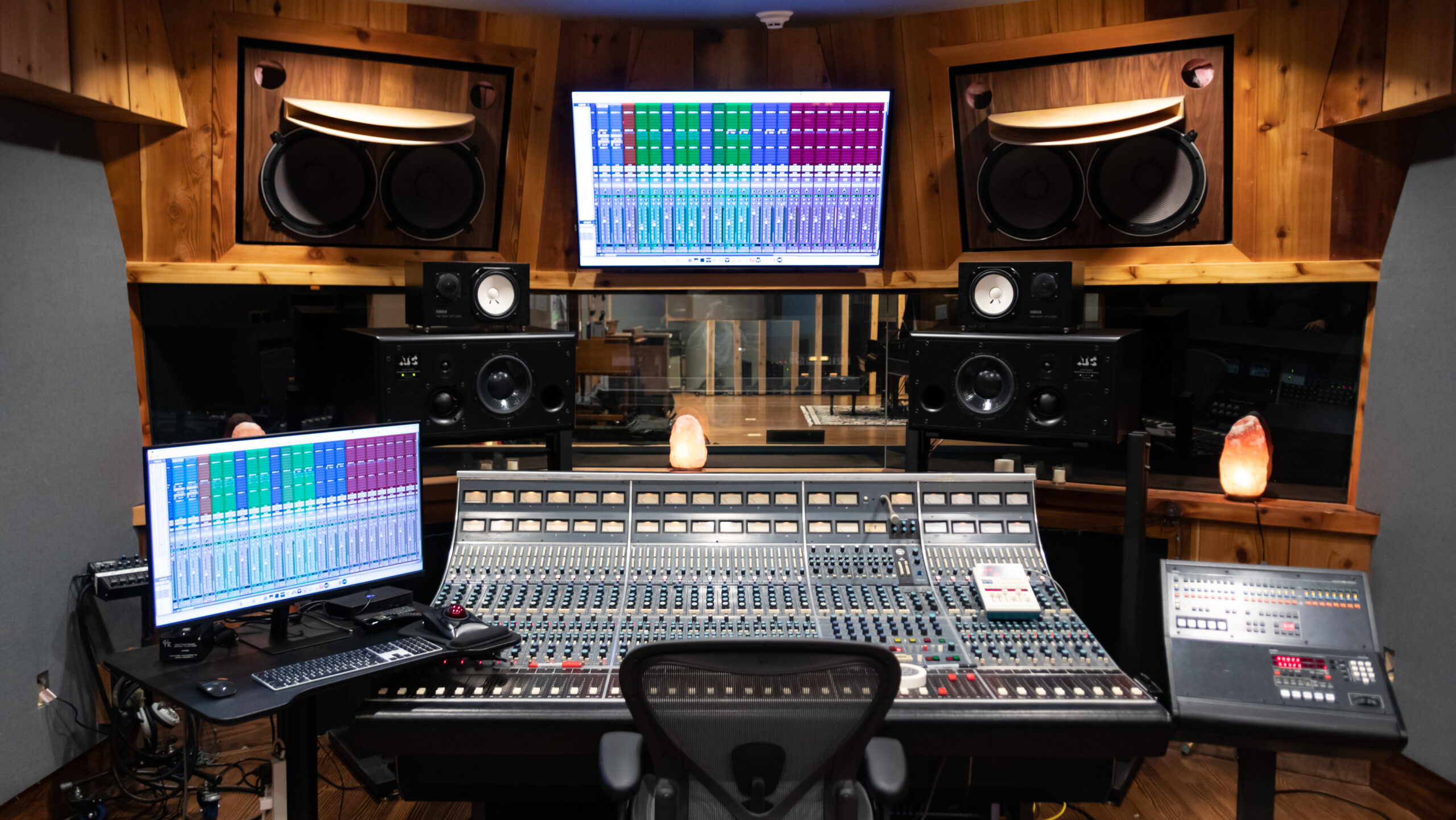The recording industry relies heavily on pristine…
Rehearsal and Recording Studio Insurance: Protecting Your Creative Space and Equipment
The music industry relies heavily on rehearsal and recording studios as creative hubs where artists develop their craft and produce their work. Whether you operate a small rehearsal space for local bands or a professional recording facility serving major artists, your studio faces unique risks that require specialized insurance coverage. From expensive audio equipment to liability concerns involving musicians and clients, rehearsal and recording studio insurance provides essential protection for your business.
Understanding the Risks Facing Rehearsal and Recording Studios
Rehearsal and recording studios face a complex array of risks that can threaten both their physical assets and business operations. Equipment theft represents one of the most significant concerns, as studios house valuable microphones, mixing boards, instruments, and recording equipment that can easily be targeted by criminals. The portable nature of much studio equipment makes it particularly vulnerable to theft during transport or when stored in less secure areas.
Fire damage poses another serious threat to studio operations. The combination of electrical equipment, soundproofing materials, and often older building infrastructure creates elevated fire risks. A single electrical fault in a mixing board or amplifier could potentially destroy an entire studio's worth of equipment and interrupt business operations for months.
Water damage from burst pipes, roof leaks, or flooding can devastate sensitive electronic equipment and ruin acoustic treatments. Studios located in basements or ground floors face particular vulnerability to flood damage, while roof-mounted air conditioning units can create leak risks for upper-floor facilities.
Professional liability concerns arise when technical errors, equipment failures, or human mistakes result in lost recordings or damaged master tapes. A single mistake during a critical recording session could result in significant financial losses for clients and potential legal action against the studio.
Public liability risks emerge from the constant flow of musicians, producers, and other visitors through studio premises. Slip and fall accidents, injuries from equipment, or damage caused by visitors to third parties all represent potential liability exposures that studios must address.
Business interruption risks can be particularly severe for studios, as even short-term closures can result in cancelled bookings, lost revenue, and damage to professional reputation. Studios often operate on tight schedules with advance bookings, making any interruption to operations financially damaging.
Essential Coverage Components for Studio Insurance
Equipment Coverage
Equipment coverage forms the foundation of most studio insurance policies, protecting valuable recording and sound equipment against theft, damage, and destruction. This coverage should extend to microphones, mixing boards, amplifiers, instruments, computers, software, and all other equipment essential to studio operations. Coverage should include replacement cost protection to ensure you can purchase current-model equipment rather than receiving depreciated value settlements.
Buildings Insurance
Buildings insurance protects the physical structure of your studio premises, including any specialized acoustic treatments, soundproofing, or structural modifications made to optimize recording conditions. This coverage becomes particularly important for studios that have invested heavily in acoustic design and specialized construction features.
Contents Insurance
Contents insurance covers furniture, fixtures, and general business property beyond specialized recording equipment. This includes office furniture, reception area furnishings, kitchen facilities, and other general business contents that support studio operations.
Public Liability Insurance
Public liability insurance protects against claims arising from injuries to visitors or damage caused to third parties on your premises. This coverage is essential given the constant flow of musicians, producers, and other visitors through studio facilities.
Professional Indemnity Insurance
Professional indemnity insurance covers claims arising from errors, omissions, or negligent acts in the provision of recording services. This might include situations where technical errors result in lost recordings, poor sound quality, or other professional mistakes that cause financial loss to clients.
Employers Liability Insurance
Employers liability insurance becomes necessary when you employ staff such as sound engineers, studio assistants, or administrative personnel. This coverage protects against claims from employees who suffer injuries or illnesses arising from their work activities.
Business Interruption Insurance
Business interruption insurance provides crucial protection against lost income when your studio cannot operate due to covered damage or other insured events. This coverage can help maintain cash flow during repair periods and cover ongoing expenses like rent, utilities, and staff wages.
Cyber Liability Insurance
Cyber liability insurance addresses the growing digital risks facing modern recording studios, including data breaches, cyber attacks, and digital asset protection. As studios increasingly rely on digital recording systems and store client data electronically, cyber coverage becomes increasingly important.
Specialized Considerations for Different Types of Studios
Home-Based Rehearsal Studios
Home-based rehearsal studios face unique insurance challenges, as standard homeowners policies typically exclude commercial activities. Operators of home studios need to ensure their insurance properly covers business equipment and activities, potentially requiring additional commercial coverage or policy endorsements.
Professional Recording Studios
Professional recording studios require more comprehensive coverage reflecting their higher-value equipment, greater public exposure, and more complex operations. These facilities often need higher coverage limits and more specialized protections for their sophisticated recording equipment and acoustic treatments.
Multi-Room Facilities
Multi-room facilities face additional complexity in ensuring all spaces and equipment are properly covered. Insurance policies need to account for different types of equipment in various rooms and ensure coverage extends throughout the entire facility.
Mobile Recording Operations
Mobile recording operations require specialized coverage for equipment in transit and temporary setups at various locations. Standard studio policies may not provide adequate protection for equipment moved frequently between locations.
Factors Affecting Studio Insurance Premiums
Location
Location significantly impacts insurance costs, with studios in high-crime areas facing higher premiums due to increased theft risks. Urban locations may also face higher liability risks due to greater foot traffic and more complex building environments.
Security Measures
Security measures can substantially influence premium costs. Studios with comprehensive security systems, including alarms, CCTV, and secure storage areas, typically qualify for reduced premiums. Professional-grade security systems demonstrate risk management commitment to insurers.
Equipment Values
Equipment values directly affect premium calculations, as higher-value equipment inventories require higher coverage limits and represent greater potential losses for insurers. Maintaining accurate equipment inventories and valuations helps ensure appropriate coverage and fair premium calculations.
Building Characteristics
Building characteristics influence both coverage needs and premium costs. Newer buildings with modern electrical systems and fire suppression equipment typically qualify for better rates than older facilities with outdated infrastructure.
Claims History
Claims history affects future premium costs, with studios maintaining clean claims records typically qualifying for better rates. Implementing effective risk management practices helps maintain favorable claims experience.
Risk Management Best Practices for Studios
Equipment Security
Equipment security requires multiple layers of protection, including physical security measures, inventory management, and access controls. Installing comprehensive alarm systems, using secure storage areas, and maintaining detailed equipment inventories all help reduce theft risks and insurance costs.
Fire Prevention
Fire prevention measures should include regular electrical inspections, proper equipment maintenance, and appropriate fire suppression systems. Ensuring adequate fire extinguisher coverage and maintaining clear evacuation routes helps protect both people and property.
Maintenance Programs
Maintenance programs for both equipment and facilities help prevent many common claims. Regular servicing of electrical systems, HVAC equipment, and recording gear helps identify potential problems before they result in failures or damage.
Client Safety Protocols
Client safety protocols should address potential hazards in studio environments, including proper cable management, clear walkways, and appropriate lighting. Regular safety inspections help identify and address potential liability risks.
Data Protection
Data backup and protection measures become increasingly important as studios rely more heavily on digital recording and storage systems. Implementing comprehensive backup procedures and cyber security measures helps protect both studio and client data.
Working with Insurance Professionals
Choosing the Right Provider
Choosing the right insurance provider requires finding insurers with specific experience in entertainment industry risks. Providers familiar with studio operations better understand your unique needs and can offer more appropriate coverage options.
Regular Policy Reviews
Regular policy reviews ensure your coverage keeps pace with equipment acquisitions, business growth, and changing risk exposures. Annual reviews with your insurance professional help identify coverage gaps and optimization opportunities.
Claims Management
Claims management requires prompt reporting and thorough documentation when incidents occur. Maintaining detailed records of equipment, implementing proper incident reporting procedures, and working closely with your insurer during claims helps ensure smooth claims resolution.
Conclusion
Rehearsal and recording studio insurance provides essential protection for businesses operating in the creative music industry. From protecting valuable equipment against theft and damage to covering liability risks and business interruption exposures, comprehensive insurance coverage helps studios operate with confidence while focusing on their creative mission.
The unique risks facing studios require specialized insurance solutions that address equipment protection, professional liability, and the specific operational challenges of the music industry. By working with experienced insurance professionals and implementing effective risk management practices, studio operators can secure appropriate protection while managing insurance costs effectively.
Whether you operate a small rehearsal space or a major recording facility, investing in proper insurance coverage protects your business investment and provides the foundation for sustainable operations in the competitive music industry. The cost of comprehensive coverage represents a small fraction of the potential losses that could result from uninsured events, making studio insurance an essential business investment.
For expert advice on rehearsal and recording studio insurance, contact Insure24 at 0330 127 2333 or visit www.insure24.co.uk to get a tailored quote for your studio's specific needs.


 0330 127 2333
0330 127 2333
